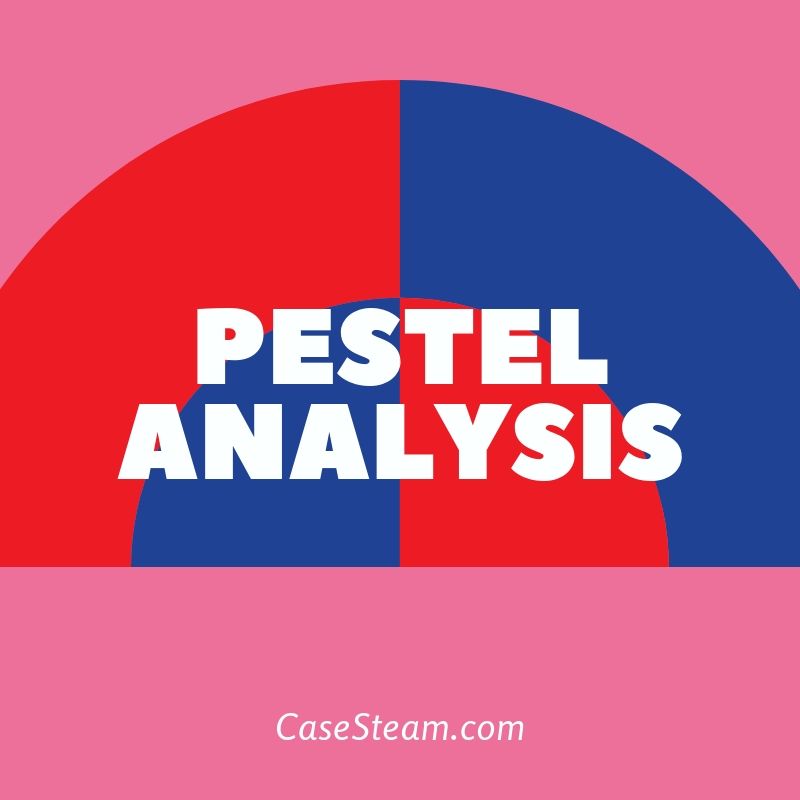Supply Chain Hubs In Global Humanitarian Logistics's exterior environment would be researched with the PESTEL framework (appendix 1) for highlighting the sector's Political, Economic, Social, Technological, Environmental as well as Legal atmosphere while the level of competition in the Taiwanese market would certainly be examined under Porter's 5 forces analysis (appendix 2). Industry pressures such as the bargaining power of the customer and supplier, the danger of new entrants as well as substitutes would be highlighted to understand the degree of competitiveness.
Political Factors:
Political factors have actually played the most substantial functions in the development of Taiwan's Supply Chain Hubs In Global Humanitarian Logistics market in the form of personnel advancement, innovation growth and also setting up of institutes for moving innovation. Along with these factors, a five year prepare for the growth of submicron technology was launched by the federal government in 1990 which included advancement of laboratories for submicron development along with the above discussed roles. The Government has actually been constantly functioning in the direction of bringing the Supply Chain Hubs In Global Humanitarian Logistics market according to international standards and also the space in layout as well as advancement has been addressed by the intro of Supply Chain Hubs In Global Humanitarian Logistics with the goal of brining in a technical revolution via this brand-new endeavor. Policies such as employment of high-tech ability were introduced in the strategy from 1996 to 2001 while R&D initiatives have been a concern since 2000.
Economic Factors:
The fact that the Supply Chain Hubs In Global Humanitarian Logistics market is undergoing an unbalanced need and supply scenario is not the only financial problem of the industry. The excess supply in the industry is adhered to by a rate which is lower than the expense of Supply Chain Hubs In Global Humanitarian Logistics which has actually resulted in capital issues for suppliers.
Recession is a significant issue in the market considering that it can cause reduced manufacturing. Improvements in performance degrees can bring about enhanced manufacturing which leads to economic crisis once again due to excess supply and low demand leading to closure of firms due to reduced revenue. The Supply Chain Hubs In Global Humanitarian Logistics industry has undergone economic crisis thrice from 1991 to 2007 suggesting that there is a high possibility for economic crisis as a result of excess supply and also low income of firms.
Social Factors:
The Taiwanese federal government has concentrated on human resources growth in the market through trainings aimed at enhancing the understanding of resources in the sector. Social efforts to boost the image and also quality of the Taiwanese IC industry can be seen by the fact that it is the only sector which had actually expertly developed divisions of labor worldwide.
Technological Factors:
There are still some technological issues in the Supply Chain Hubs In Global Humanitarian Logistics sector especially as Supply Chain Hubs In Global Humanitarian Logistics suppliers in Taiwan do not have their very own innovation as well as still rely on international technological partners. However, the government's participation in the sector has actually been focusing on modifying the Supply Chain Hubs In Global Humanitarian Logistics industry to reduce this dependency. Leading firms in Taiwan like Powerchip has made strategic partnerships with foreign partners like Elpida from Japan. There are technological limitations in this setup especially as foreign governments like the Japanese governmentis unwilling to move innovation.
Environmental Factors:
A general evaluation of the environment recommend that Taiwan is a complimentary region for Supply Chain Hubs In Global Humanitarian Logistics manufacturing as evident by the simplicity in capability development in the Supply Chain Hubs In Global Humanitarian Logistics sector. Along with this, the reality that the region supplies producing abilities further enhances this monitoring.
Legal Factors:
The lawful environment of Supply Chain Hubs In Global Humanitarian Logistics has problems and chances in the kind of IP rights and lawful agreements. A company has the legal security to protect its intellectual property (IP), processing and technology which can increase the reliance of others on it. The Supply Chain Hubs In Global Humanitarian Logistics industry also gives a high relevance to lawful contracts as obvious by the truth that Micron's passion in Supply Chain Hubs In Global Humanitarian Logistics might not emerge because of the former firm's lawful contract with Nanya and Inotera.
PESTEL Analysis for Supply Chain Hubs In Global Humanitarian Logistics Case Study Help
